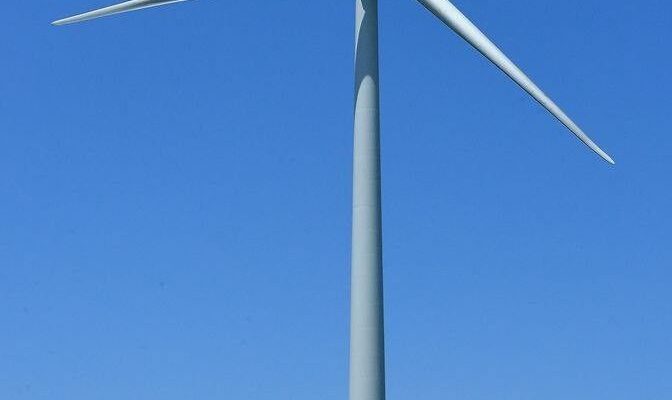HIF Global, a U.S.-based green fuel company, has unveiled a bold plan for Matagorda County, Texas: a \$7 billion commercial-scale e-methanol facility, which could become the largest of its kind in the world.
This plant aims to produce e-methanol using captured carbon dioxide and green hydrogen, generated on-site with renewable energy. The cleaner-burning fuel is intended to power ships and aircraft while creating thousands of U.S. jobs during construction.
However, the final investment decision is still pending. HIF is closely watching Congress — especially a Republican-led effort that could cut clean energy tax credits, including those for hydrogen production. These credits are key to making the project cost-competitive with foreign producers, such as those in China.
“The goal isn’t to rely on tax credits forever — we just need them to get the project started,” said Lee Beck, HIF Global’s Senior VP for Global Policy.
🇺🇸 Political Shifts Cloud Green Energy’s Future
The uncertainty stems from a broader political battle. A budget bill in Congress could scale back or eliminate core pieces of President Biden’s Inflation Reduction Act (IRA) and Infrastructure Investment and Jobs Act (IIJA) — two laws that have funneled billions into clean energy.
A version of the bill already passed in the House slashes hydrogen tax credits and others, and would redirect funds to extend Trump-era tax cuts.
The new administration has also taken a hard stance against green initiatives:
- Paused renewable energy projects on federal lands.
- Withdrew from the Paris Climate Agreement.
- Criticized IRA programs as the “Green New Scam”.
- Ordered federal agencies to freeze green energy grants and loans, including those already awarded.
These actions are already having a chilling effect on the industry. Legal battles over funding pauses are playing out in court, with the final decision possibly reaching the Supreme Court.
🔧 Projects in Limbo, Confidence Eroding
Many clean energy projects are in limbo. According to Jessie Stolark of the Carbon Capture Coalition, recipients of IIJA funding for technologies like direct air capture are unsure if they’ll receive the rest of their grants.
“Uncertainty is killing momentum,” she said. “It’s a serious threat to the whole carbon management industry.”
Even if the IRA isn’t repealed outright, tax credits expiring in 2032 (or later) could be phased out early or made harder to access — including those for:
- Electric vehicle (EV) purchases
- Energy-efficient home upgrades
- Clean electricity production
- Wind turbine and solar panel manufacturing
Ironically, many projects relying on these credits are located in Republican-leaning districts — but that hasn’t stopped pushback in the House.
📉 Clean Energy Investment is Slowing
Data from the Clean Investment Monitor shows a 3.8% decline in U.S. clean energy investment in Q1 2025 — the second straight quarterly drop. A record \$6.9 billion worth of manufacturing projects (mostly battery-related) were cancelled in that period.
“Momentum is sagging, which is concerning,” said Hannah Hess of the Rhodium Group. She cited inflation, interest rates, supply chain issues, and political uncertainty.
She added that new project announcements are declining, likely due to a lack of confidence in long-term demand — a direct consequence of unstable policy.
Tariffs, especially on imported clean energy components, may add to costs and reduce interest in building new factories.
🛫 SAF Producer LanzaJet Shifts Messaging
Companies are adapting their narratives. LanzaJet, a U.S. producer of Sustainable Aviation Fuel (SAF) from ethanol, used to promote climate benefits. Now, it emphasizes local economic value — “harnessing the energy of locally produced feedstocks.”
CEO Jimmy Samartzis says the change is strategic: aligning with what matters most to stakeholders today.
But even approved funding — like the \$3 million FAA grant LanzaJet received last August — is now stalled due to the freeze on IRA disbursements.
“The money is there, but we can’t access it,” Samartzis said.
⚠️ Conclusion: A Defining Moment
Whether the U.S. continues leading in clean energy — or falls behind amid shifting politics — may depend on how this budget bill and tax credit debate play out in the coming weeks.



